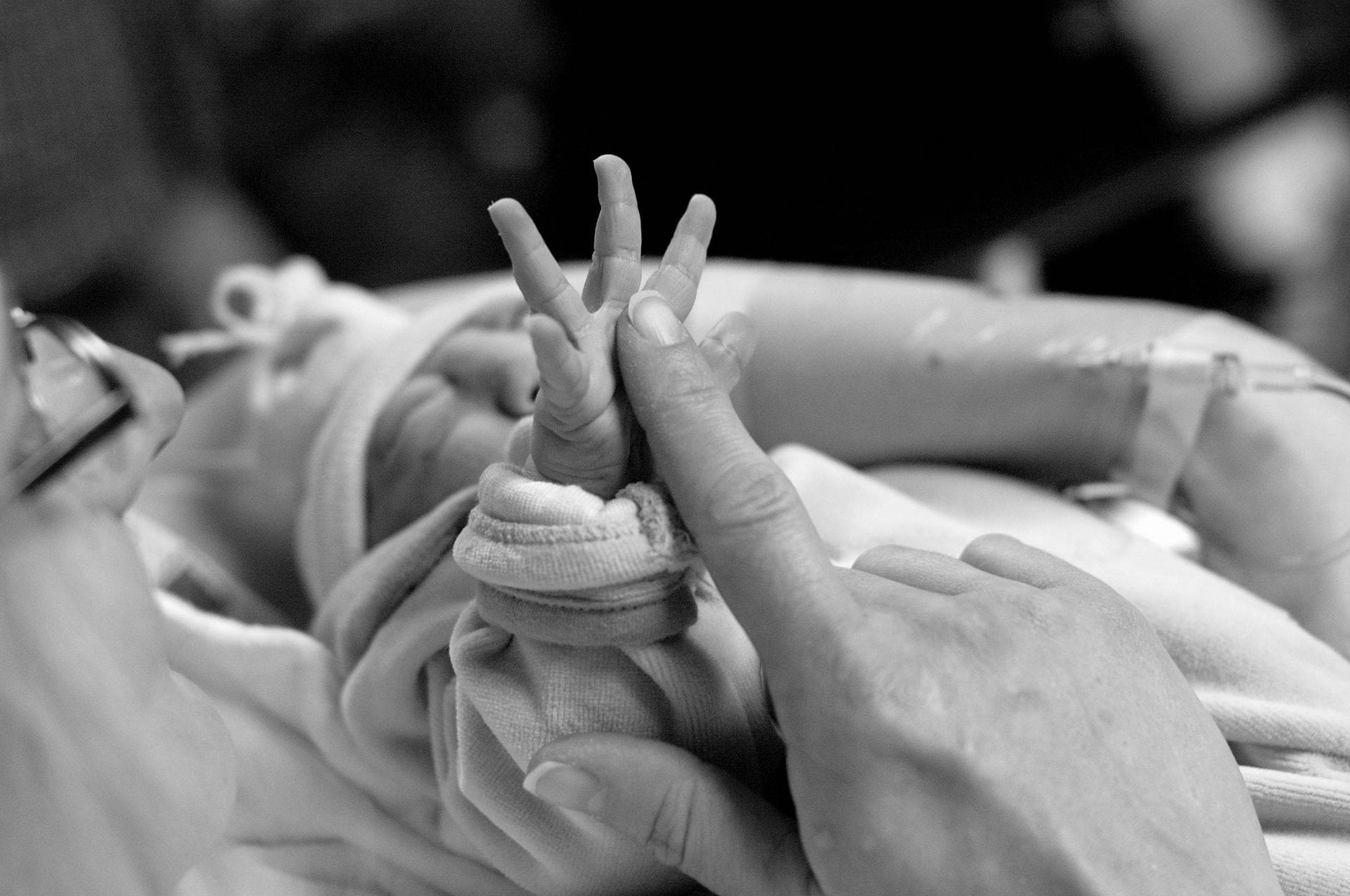It probably hasn’t escaped anyone’s attention that the Catholic Church, and others seriously proposing the irreplaceable good of preserving the natural links among sex, children, and marriage, are increasingly assigned a place with bigots and evildoers.
It was fairly discouraging, therefore, to read the implication in John Allen’s recent column about the controversy over the same-sex marriage of a Catholic Relief Services executive: that caring strongly about marriage could be interpreted as not attending properly to the horror of murdered Christians. This is not likely what Allen intended, given his record of fairness covering the Church’s marriage work, but the implication was felt nonetheless, with the article’s use of the words “luxury issues” “fuss” and “manufactur[ed] … controversy.”
Similar aspersions are never cast against those working on other social justice issues that don’t concern murder — issues like poverty or the environment. They’re never leveled against Pope Francis, who is instead credited with highlighting — in one week’s time — the environment and marriage and Christian persecution.
Maybe it’s a misplaced attempt to temper what some observers consider a mere overheated culture war. If so, it’s clear that the marriage movement hasn’t yet effectively connected the dots among marriage, the welfare of the most vulnerable, and the dispositive role Catholic institutions can play on marriage. And Catholics haven’t figured out how to manage their charitable responsibilities in a world in which it seems there are 10 human rights violations per hour.
No doubt, if any one of us were faced with a straight-up choice between preventing a murder and urging Catholic institutions to “staff how they preach” concerning marriage, we would immediately choose the former.
But that’s not our dilemma.
In the religion of both/and — the religion of a billion diverse, multicultural, and globally located members; the religion of martyrs, aid workers, entrepreneurs, politicians, journalists, parents, and teachers — we can do both, and more. In fact, if I’m reading the Good Samaritan story properly, we have to, while also pursuing our primary vocations. The injured body strewn before us requires our immediate response.
Here in the States, what can we do about Christian persecution? In my case, it has meant teaching and writing about religious persecution in my vocation as an academic, praying, and soliciting financial contributions for aid to persecuted people of faith from my 62,000 Facebook followers on WomenSpeakforThemselves, (using a terrific John Allen column on the subject).
None of this means, however, that those with the vocation to help marriage should wait until religious persecution is over. This is especially true because, although we’re all pretty sick and tired of the mantra that “marriage is the foundation of society,” it’s inescapable that marriage and marital childbearing are integral to the flourishing of every single human person. It is also true because the privileged have figured this out and chosen to live and to raise their children within the protections of marriage, while vulnerable poor and minority communities are suffering its loss at historic levels. Also, Catholic individuals and institutions are some of the rare voices on marriage with the combination of intellectual depth and credibility to offer help without facing the charge they are acting more to judge than to serve.
The marriage and marital childbearing gaps between the rich and the poor are a huge portion of the wealth gap, the education gap, the imprisonment gap, the violence gap, and so forth.
Further, no matter how much we want to avoid the fact – for fear of hurting our family and friends who identify as same-sex-attracted – the notion of “same-sex marriage” is harmful to these vulnerable parties for the same reasons that divorce, cohabitation, assisted reproductive technologies, and trivialized sex are harmful. With the exception of assisted technology, the poor suffer all of these losses to a much greater degree than the well-off.
The Catholic logic on this seems relentless, but it also rings true: All of these practices deny natural and supernatural realities, designed to achieve human happiness and freedom, not to oppress. What are these?
- The fact that humanity is created male and female, with similarities and differences that dispose them to help, to challenge, and to cooperate with one another.
- That the procreation of all human life was placed at the sexual intersection of the man and the woman and not somewhere else.
- That children’s creation as the result of a superabundance of love means something, not nothing.
- That creating children by technological means, or separating them from the mother and father who constitute their entire link with their history, and the source of their entire genetic endowment, is felt by those children as the profound loss it objectively is.
- That opposite-sex marriage and procreation are irreplaceable models of broader human goods – of radical equality alongside diversity, of the necessity for treating differences as opportunities for relationship, and of the possibility for love strong as death, like God’s love.
- That our scriptures point to the marriage of the man and the woman as a glimpse par excellence of the identity of God, of God’s way of loving, and as the school of love for our every human encounter.
Beautiful as these teachings are, they require serious and consistent intellectual and pastoral effort to promote. The headwinds are almost unbelievably and suddenly strong. When Catholic institutions teach these truths with deeds as well as words, with personnel as well as policies and papers, the message is profound.
Helen M. Alvaré is a professor of law at George Mason University School of Law, where she teaches Family Law, Law and Religion, and Property Law.















